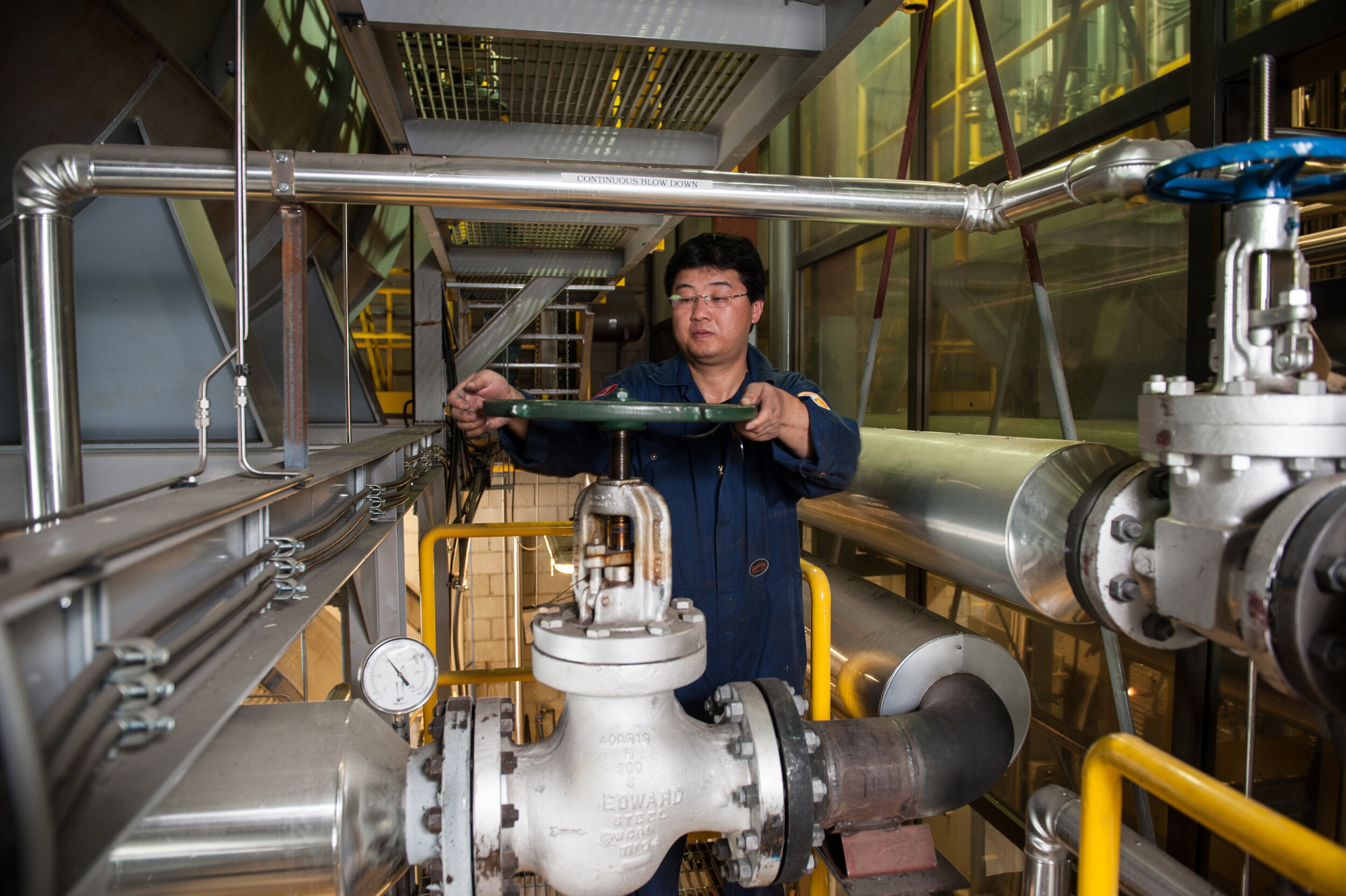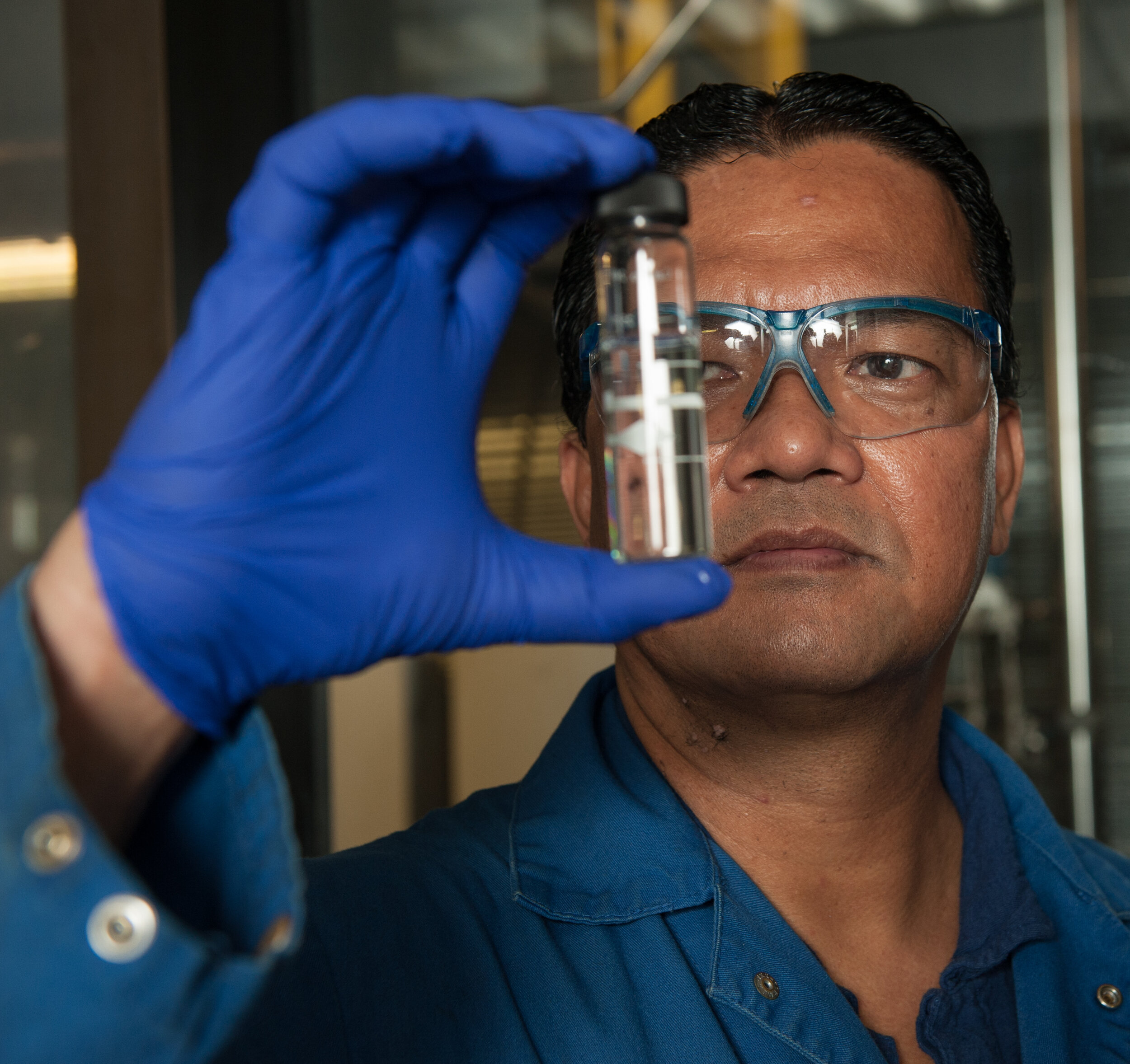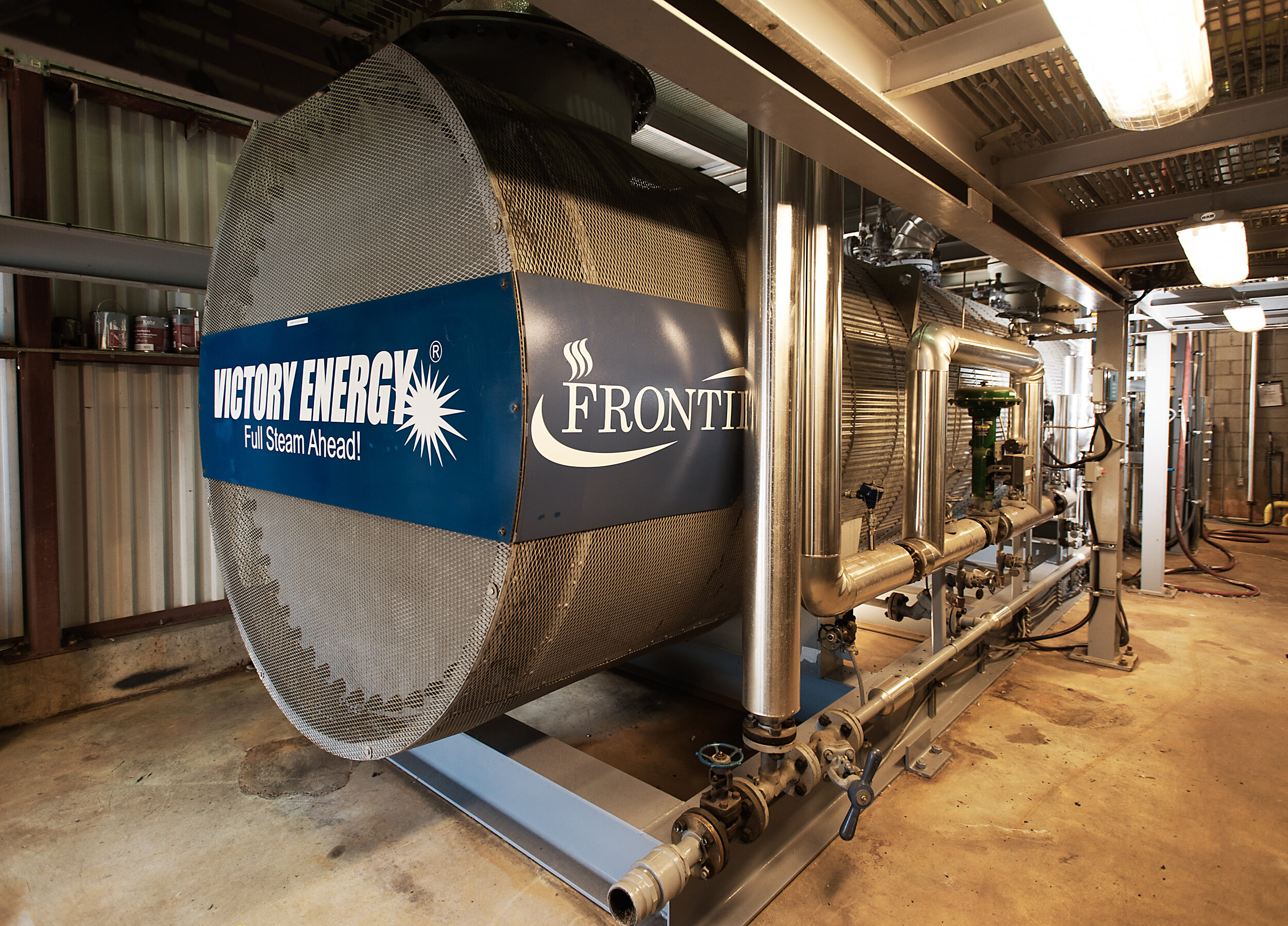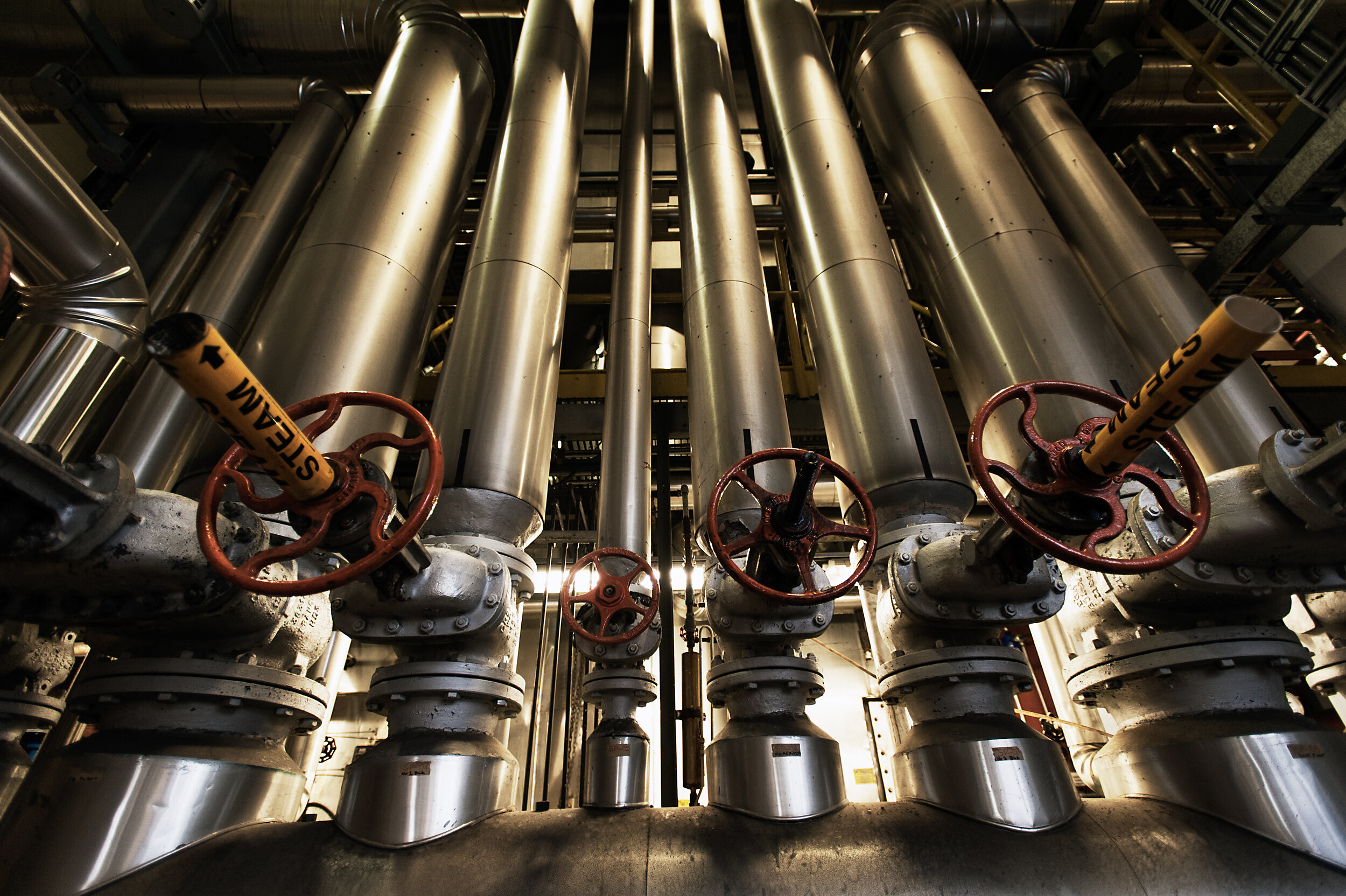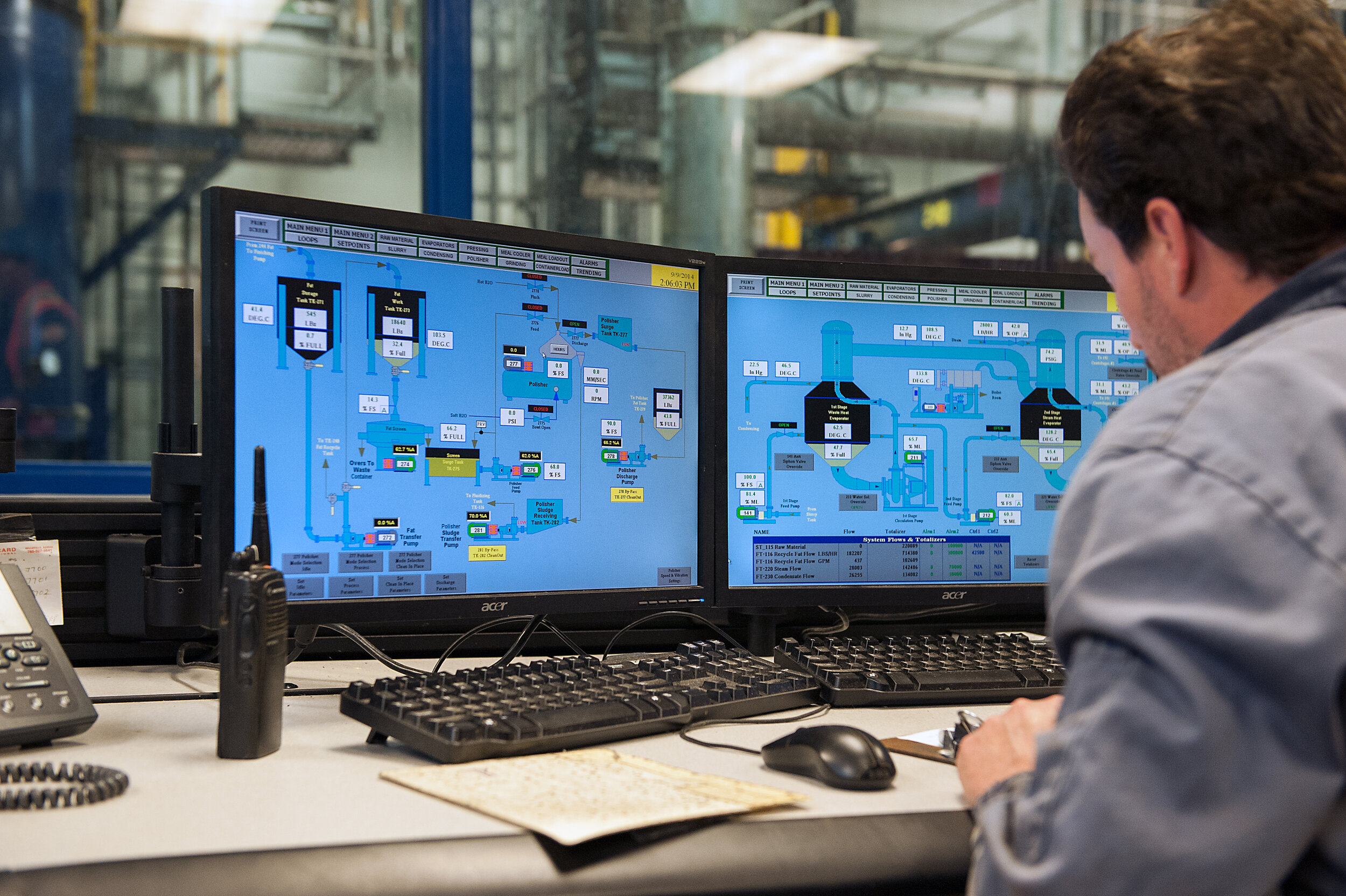We are renewing our existing Metro Vancouver air quality permit and applying for amendments to increase the allowable hours, and consequent authorized emissions, of operation of our odour control air scrubbers and thermal oxidizers. An amendment is also being applied for on the authorized steam generating boilers operating hours to meet demand for renewable energy feedstock.
We conduct three activities at our site at the north end of Commercial Drive, inside the Port of Vancouver.
These include:
Production of feedstock for renewable biofuels.
Storage and export of bulk liquids, primarily Canadian canola oil.
Rendering by-products from food production into renewable products and ingredients.
We are experiencing increasing demand, both in Canada and internationally, for organic material to make renewable low carbon biofuels. We recognize the importance of and strive to implement progressive processes which continue to support our regional food system and environment by responsibly recycling the by-products of our food system. These permit amendments allow us to continue improving. The increase in authorized emissions requested by West Coast Reduction Ltd. (WCRL) would be coming from activities related to production of feedstock for renewable biofuels and for increased operating hours for the scrubbers that are part of the WCRL rendering odour mitigation works. For context, the purpose for the WCRL request for an increase in operating hours is to continue operating the scrubbers during times that WCRL is not conducting rendering processes. While that is the purpose, WCRL should clarify that given the structure of the permit, an increase in operating hours would authorize a potential increase in operating hours for the rendering processes. It is not, however, WCRL’s objective to increase the operating hours for rendering. Rendering is not increasing. The volumes of materials associated with the rendering processes are reported to Metro Vancouver and remain stable. WCRL does not plan any changes to its rendering operational plan or regular operating schedule.
At the same time WCRL operates on lands owned by the Port of Vancouver and we have recently committed to close our rendering operations at this location during this permit term. As you can imagine, there is a fair amount of detail and complexity to address with this change. The timing of the rendering operations closure is subject to lease negotiations with the Port, and ultimately is a Port-led permitting process. Once dealings with the Port are complete, WCRL will be excited to provide more information about the future of its operations and timing of this closure.
We are seeking to secure and expand the existing canola and biofuel feedstock capacity, which is reflected by this permit renewal application. There will, of course, be no emissions from our rendering operations when those operations close. An air quality permit will remain in effect for the canola and biofuel feedstock activity, but emissions from the site will reduce significantly from what we are requesting in this permit application, and also from our current emission level.
We would be pleased to discuss our operations and industry leading odour abatement technology with all members of the public.
Please email us at airqualitypermit@wcrl.com for more information on our operations generally or about the proposed permit amendments.
FAQs
What operations take place at the site?
West Coast Reduction operates Western Canada’s largest animal by-product rendering plant, and the largest independent bulk liquid shipping tank farm on Canada’s west coast – shipping vegetable oil, biodiesel and tallow (animal fats) to domestic, U.S. and Asia Pacific markets. In fact,
West Coast Reduction Port location is:
the only independent bulk liquid storage terminal in Western Canada
the only rendering facility in BC
the only biofuel feedstock refining facility in Western Canada.
What benefits do you bring? (region, agriculture producers, end-consumer)
For over 50 years, our operations at the Port of Vancouver have played a major role in supporting Canada’s farming industry, while contributing to a sustainable local food supply that we all rely on every day. Our family-owned business provides services to more than 11,000 businesses and industry partners through a network of facilities in B.C., Alberta and Saskatchewan. Through our work transforming organic waste into renewable products and ingredients for clean-burning biofuels, we’re also helping fight climate change. Our business model pays farmers and butcher shops for their waste materials, which keeps food production costs low; those savings are passed on to consumers.
How many people do you employ directly / indirectly?
West Coast Reduction supports 390 full time jobs, plus 1,874 positions indirectly.
What is the objective of this extension?
The objective for extending the operating hours of the refinery is to support local renewable fuel production, reduce carbon emissions and petroleum use, and improve air quality.
Will there be more odour because of the extension?
WCRL’s refining activity is not a source of nuisance and is completely separate from animal by-products rendering.
What is the impact of the proposed emissions?
Agencies at federal, provincial, and local levels provide air quality objectives and information about air emissions and human health in Canada. They also indicate how emissions are regulated to ensure that risks to human health are effectively managed.
West Coast Reduction’s application will be reviewed by Metro Vancouver, Vancouver Coastal Health, and other experts in air quality.
Why is the requested permit term for 15 years?
A typical term for a Metro Vancouver permit is 10 or more years.
The term we have applied for reflects both a reasonable period of time during which appropriate capital investments can be made, and confidence in the technology and systems available to manage the specific emissions referenced in the application.
Metro Vancouver is responsible for ensuring that all businesses operate according to their respective permit conditions. Metro Vancouver performs this monitoring and compliance function on a continuous basis regardless of the term of a permit.
Will you be rendering more material if you get this extension?
Rendering of animal by-products is not increasing. These volumes are reported annually to Metro Vancouver and they remain stable.
How do you manage odour?
West Coast Reduction Ltd. has control systems in place for each area of its operation, including the separate activities of rendering and renewable biofuel feedstock production. Each control system is a part of West Coast Reduction Ltd.’s existing Operations Odour Management Plan and existing Air Quality Permit.
We use the most efficient odour control technology available to the industry. Process air is captured on every piece of equipment and directed to thermal oxidizers, which use heat to combust the air at high temperatures and destroy associated odours. Valuable heat is recovered as steam to support a full-circle processing system.
We keep all areas of our facility under a vacuum to prevent odours from escaping into the neighbourhood and facilitate treatment in our large and effective air scrubbing systems.
Our team regularly reviews the odour management systems and looks for ways to improve performance.
Business Implications
What are the impacts to your business of not being able to realize the air permit extension?
Without an air permit to provide long-term operating certainty, we are unable to support our agricultural and biofuels partners.
Where would all the waste go if you were to close your Vancouver operation?
You might be surprised to know that our Port facility is responsible for diverting more than 250,000 metric tonnes of solid waste every year from landfill. That represents the equivalent of 59 per cent of the solid waste that Metro Vancouver disposes of each year in the region.
